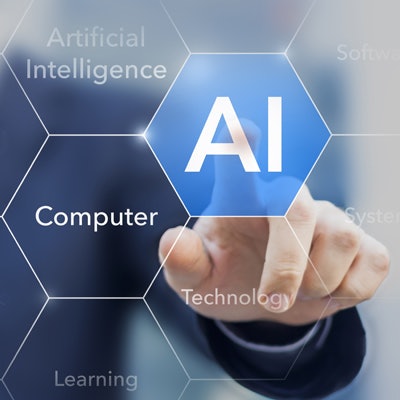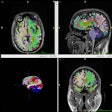
Researchers from New York University (NYU) Grossman School of Medicine and Facebook Artificial Intelligence said they have developed an artificial intelligence (AI) algorithm that can enable comprehensive knee MRI exams to be performed in five minutes without negatively impacting image quality or diagnostic accuracy.
A group led by Dr. Michael Recht of NYU trained a deep-learning model -- called fastMRI AI -- to generate a knee MRI scan using only roughly one-fourth of the raw data. They then retrospectively tested their approach on two sets of knee MRIs -- one acquired with standard imaging techniques and the other using the fastMRI AI model -- from 108 patients.
Blinded to the image acquisition method, six musculoskeletal radiologists read the exams in two different sessions, spaced at least one month apart to limit the potential for recall bias. Not only were there no statistically significant differences in the interpretations for the two different scan acquisition methods but the radiologists also all judged the AI-accelerated images to be of higher quality than the traditional images.
The researchers shared the results in an article published online July 8 in the American Journal of Roentgenology.
In hope of speeding up progress towards clinical implementation, the team said they have published the data, models, and code to enable other researchers and MRI vendors to expand on their work and contribute new ideas.
"Together, we will continue to push the boundaries of medical imaging, using AI not merely to replicate tasks performed by humans but to generate entirely new capabilities -- like ultrafast MRI -- that enhance the care of patients," said co-author Dr. Daniel Sodickson, PhD.


.fFmgij6Hin.png?auto=compress%2Cformat&fit=crop&h=100&q=70&w=100)





.fFmgij6Hin.png?auto=compress%2Cformat&fit=crop&h=167&q=70&w=250)











